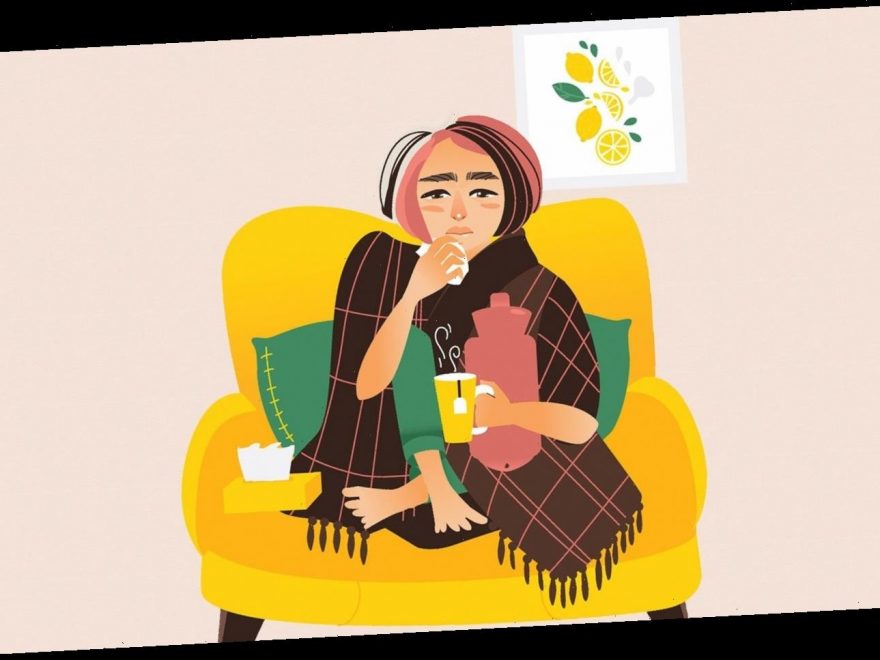This is what really happens to your body if you get coronavirus, according to a doctor.
As anyone who has used the internet this week will undoubtedly be aware, there’s a lot of articles out there focused on how to avoid coronavirus (you know the drill by now: wash your hands, people!). A lot. There are, similarly, many focused on the number of Covid-19 fatalities.
What we’re seeing far less of, however, are calm, reassuring articles. You know the kind we mean: stories focused on the actually very high survival rate, for example. Or the people who’ve had the virus and come through the other side. Or, y’know, what actually happens to a person, health-wise, after they’re diagnosed with Covid-19.
Thankfully, this doctor has made it his mission to combat hysteria with an honest insight into his daily symptoms after he tested positive to coronavirus while treating patients with the infection at a hospital in Spain.
That’s right: Dr Yale Tung Chen, who works as an emergency physician at Hospital Universitario La Paz in Madrid, has been putting his time in quarantine to good use.
Think live-tweeting the disease’s symptoms, regular ultrasounds of his lungs, and an online diary of his aches and pains.
So far, we’ve learned that day one after his diagnosis brought a sore throat, strong headache and no lung abnormalities.
The second day?
“Less sore throat, cough and headache (thank God!), still no shortness of breath or pleuritic chest pain. #POCUS update: small bilateral pleural effusion, thickened pleural line & basal b-lines (plaps),” wrote Chen.
For those of you who aren’t doctors, this basically means there is fluid in the lung. Despite the phlegm, he reported having a normal stethoscope listen.
On the third day, Chen said his sore throat and headache have healed. His cough improved, though he said he had developed diarrhea. Fluid was still present in his lungs.
The fourth day brought “more coughing and tiredness (very badly)”, yet still “no dyspnea/chest pain”.
And what of today?
“Less coughing and tiredness, still no dyspnea/chest pain,” Chen tweeted, which sounds pretty positive to us!
Chen, in an interview with MobilHealthNews, has said the “most anxious part” of his illness wasn’t the fear of what might happen to him: he’s a doctor, and knows exactly what to expect.
Rather, it was being unable to spend time with his family.
“I’m just waiting to get past the symptoms [and] counting the days to get a second test until I can get out of isolation,” Chen said.
“I’m expected to reach that point. The most anxious experience [for] me is not being with my kids and my wife.”
Chen’s updates have received thousands of likes already, with many thanking the doctor for his educational approach to the pandemic, as it had made things feel far less frightening.
And, speaking to NBC, he said that he has been overwhelmed by the outpouring of well-wishes he has received over the past week.
“It meant the whole world to me to receive support from people all around the world,” he said.
If you think you might have coronavirus, use the NHS 111 online coronavirus service to find out what to do. Or check out our article on The Truth Behind The Coronavirus Headlines here.
Image: iStock
Source: Read Full Article
